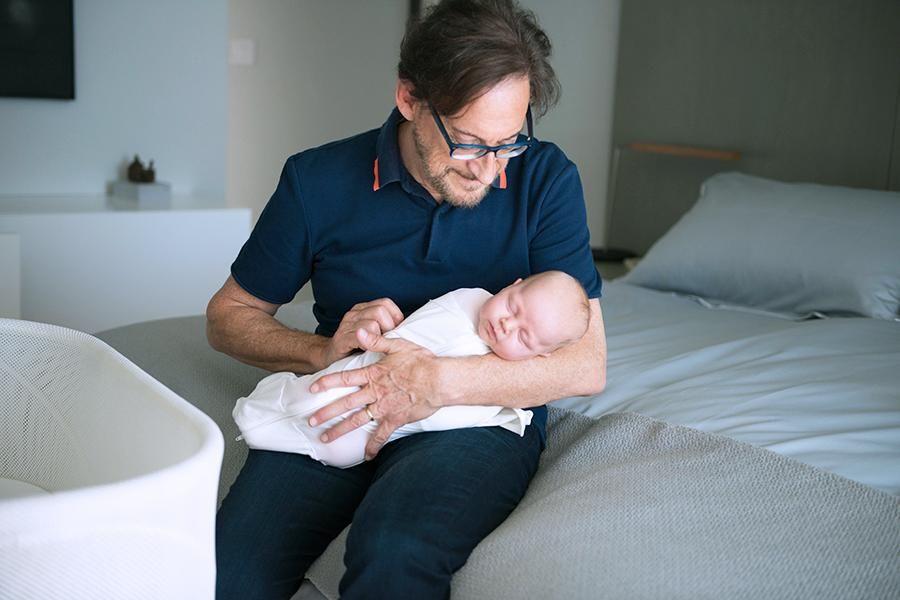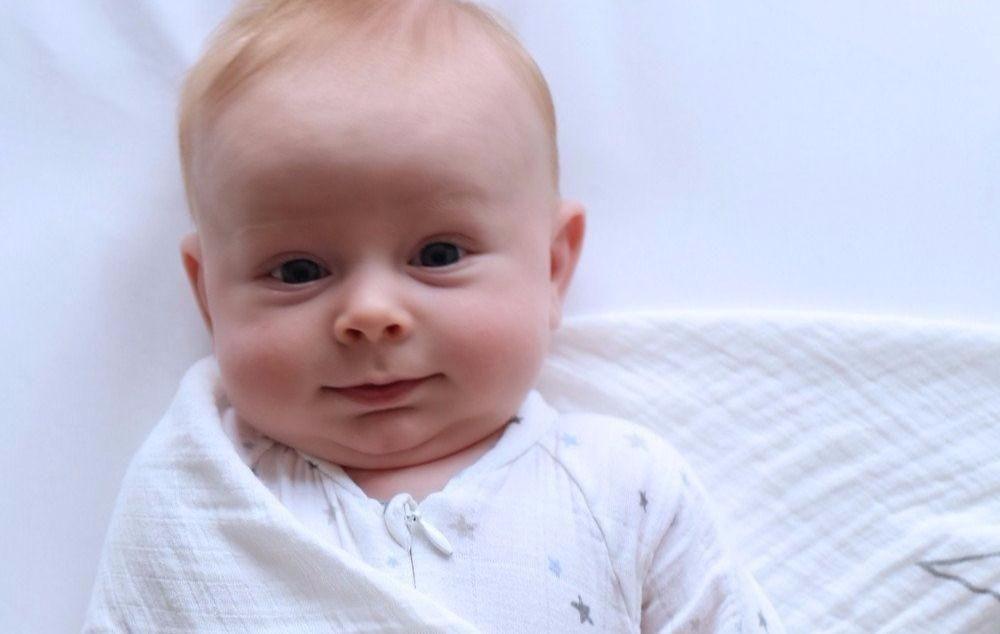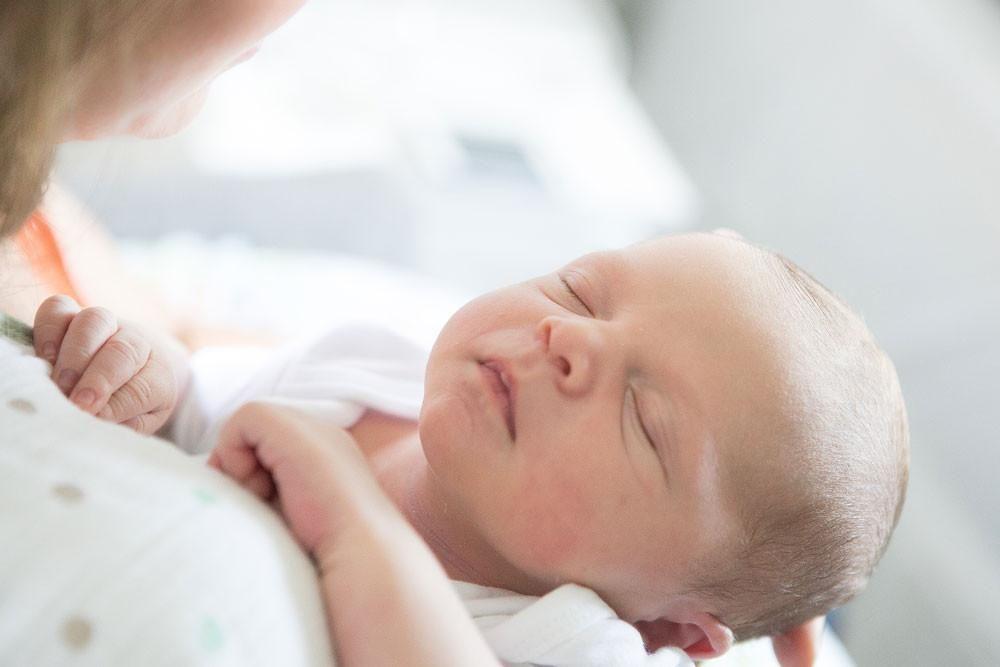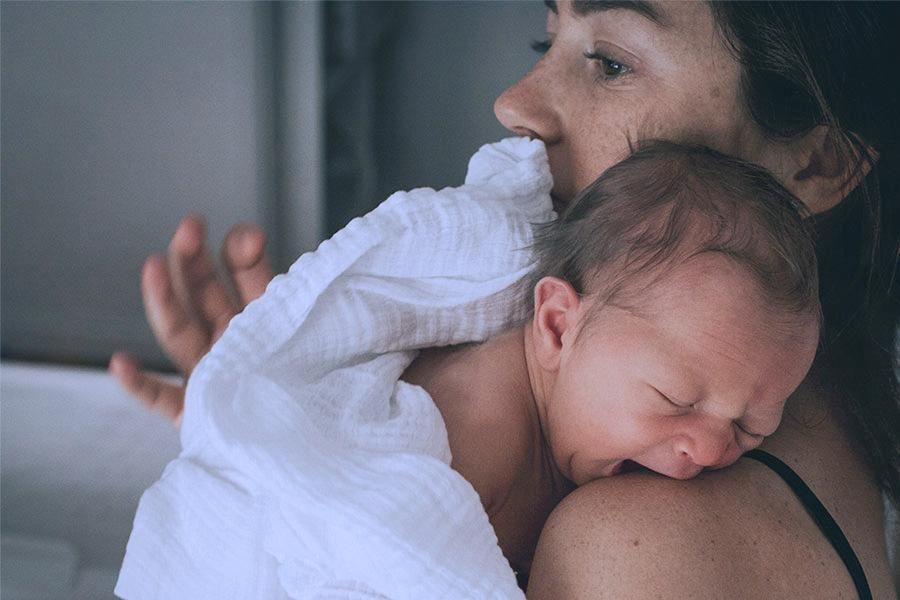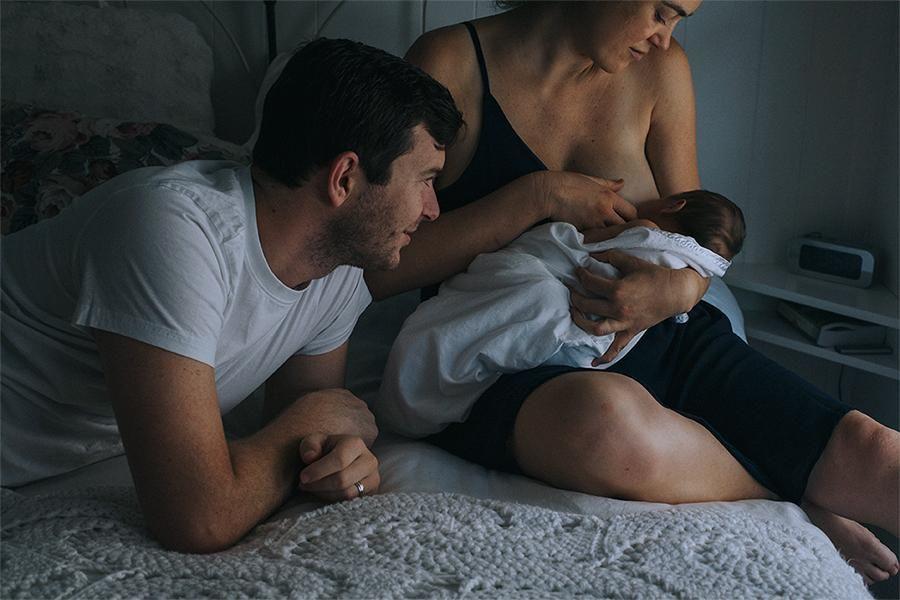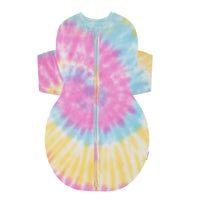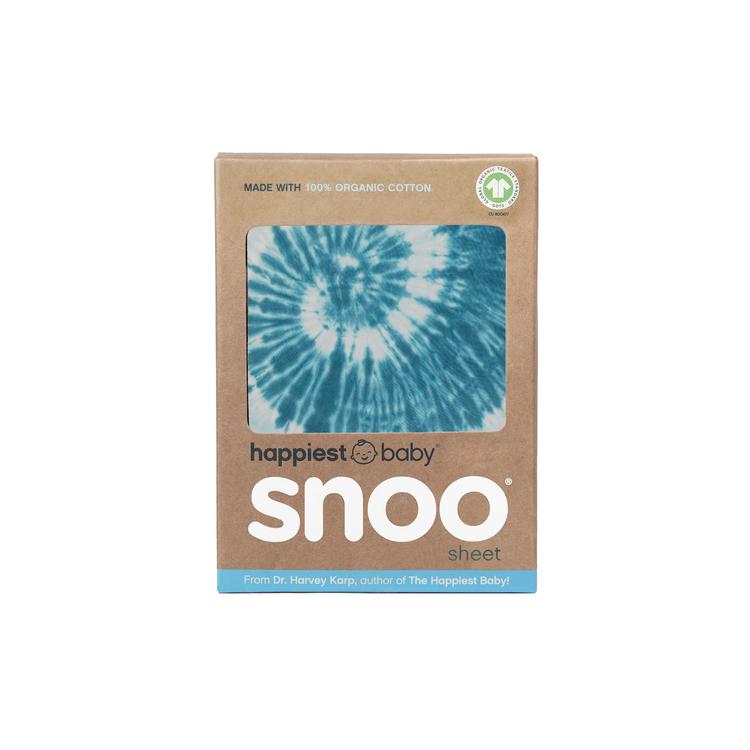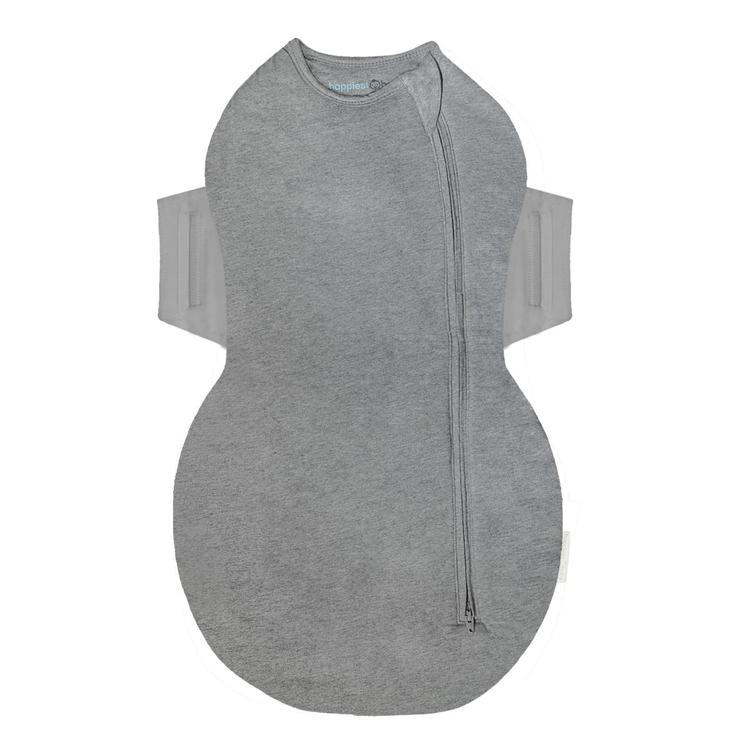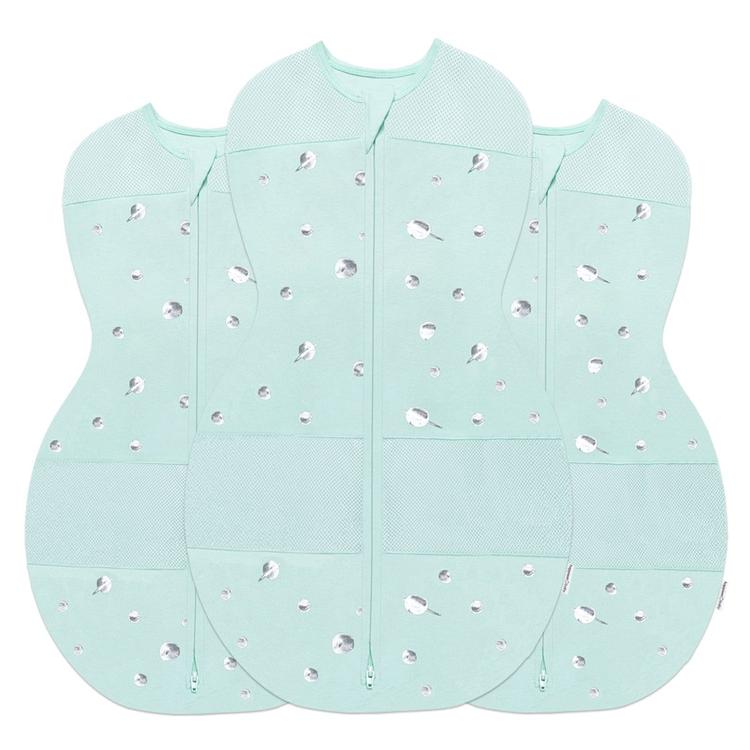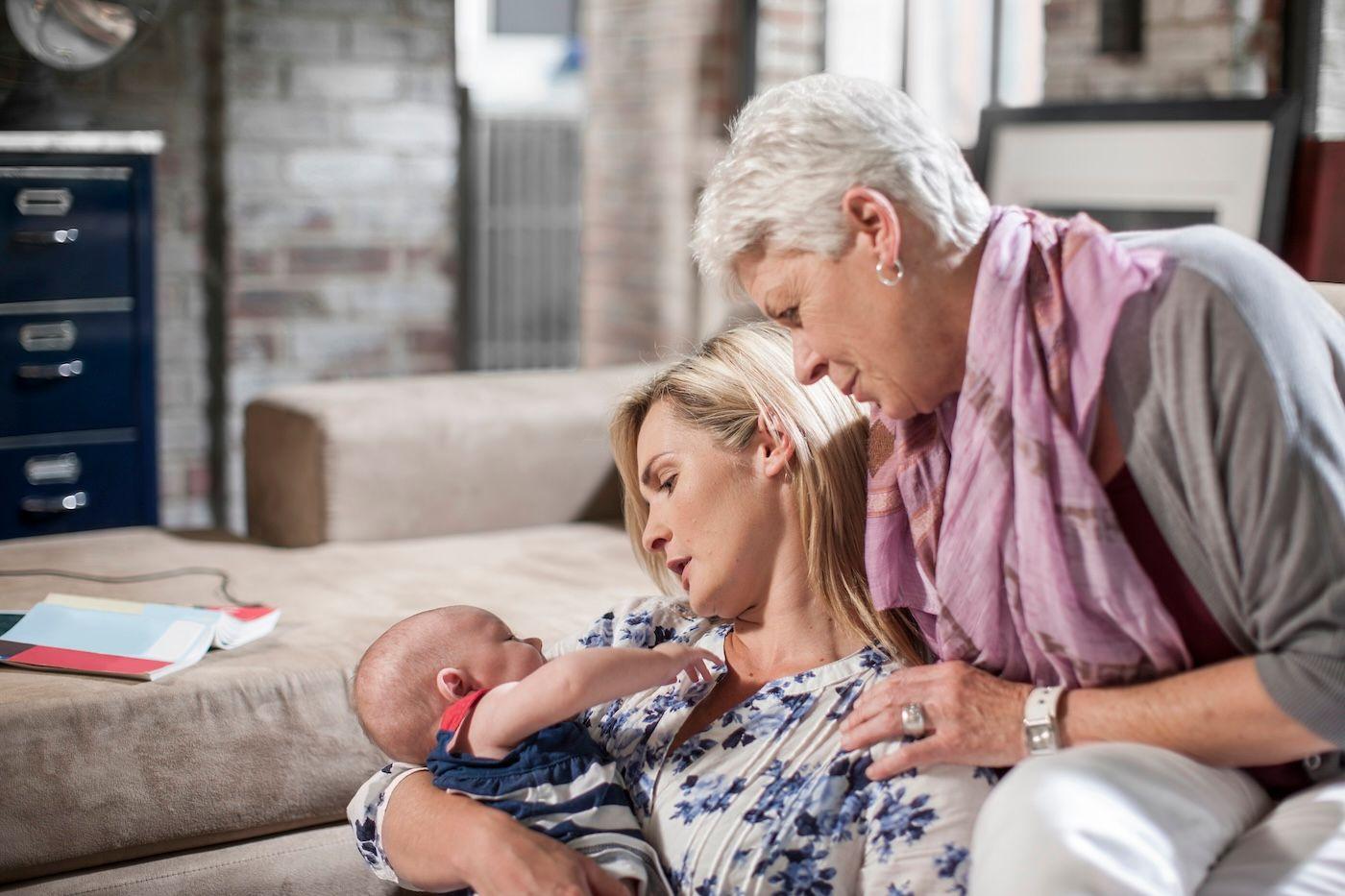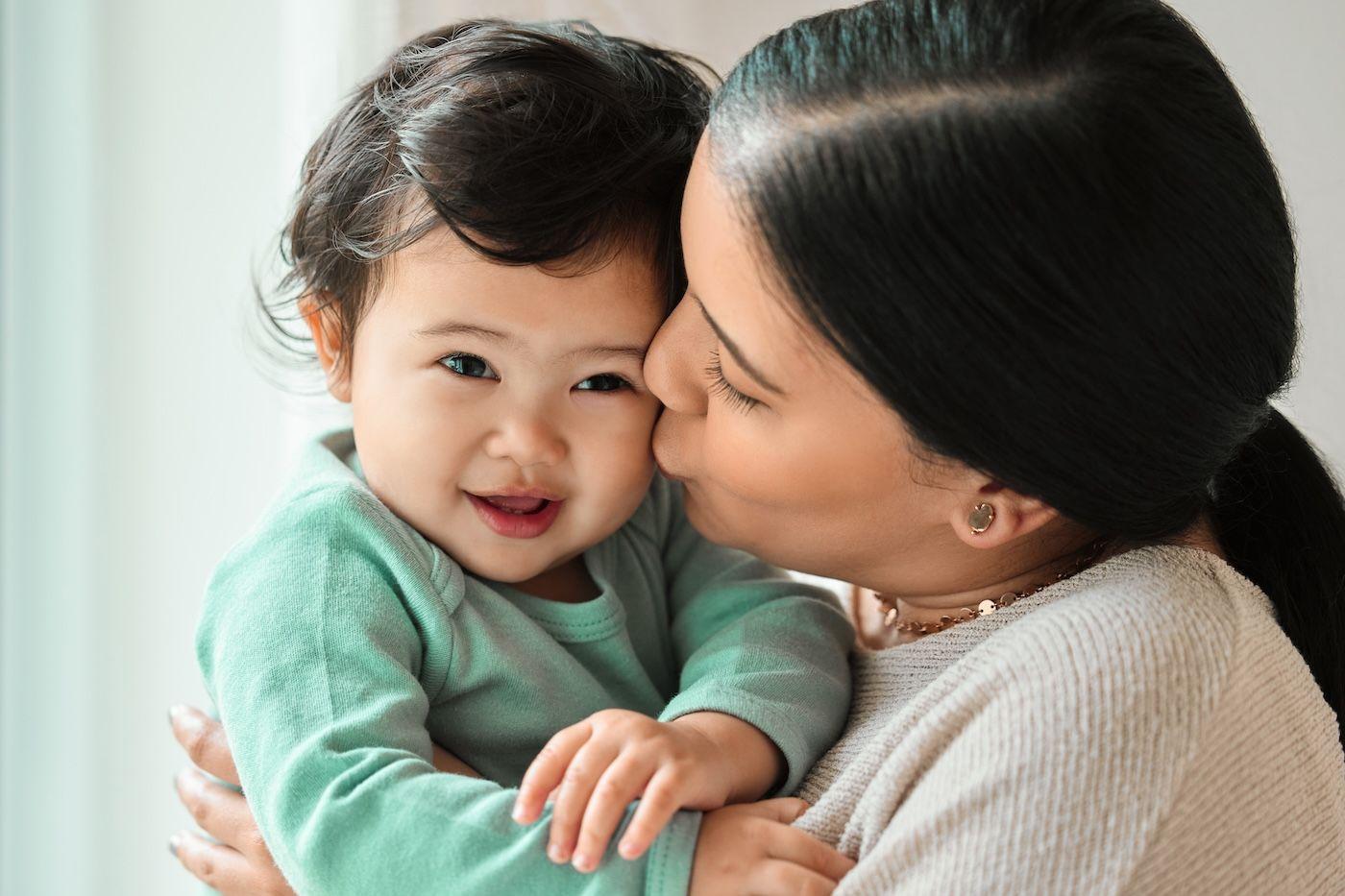PARENTS
As Measles Cases Rise—Is Your Child at Risk?
With all eyes on COVID, measles has been flying under the radar, but new data suggests that we are ignoring a wolf at the door.
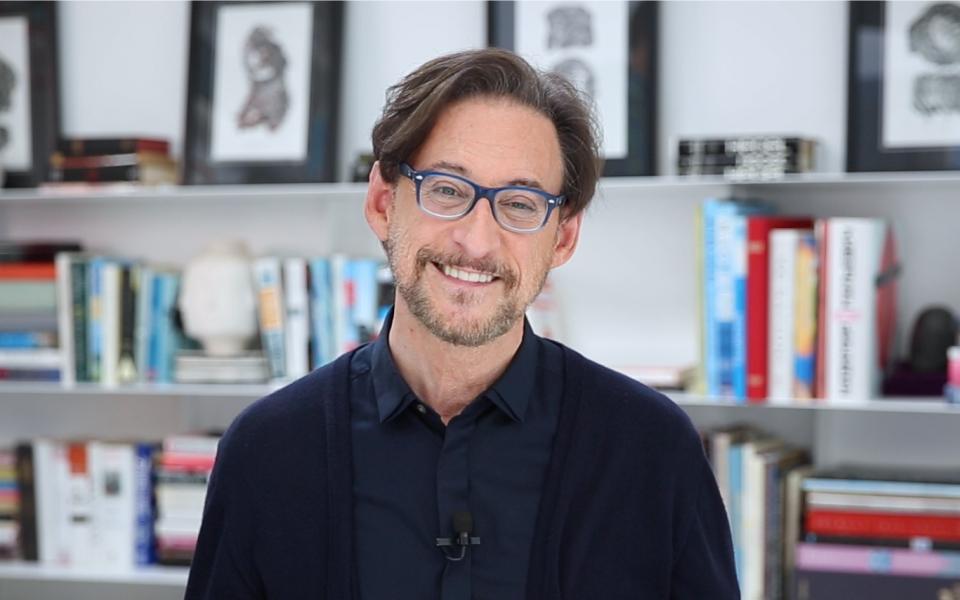
Written by
Dr. Harvey Karp
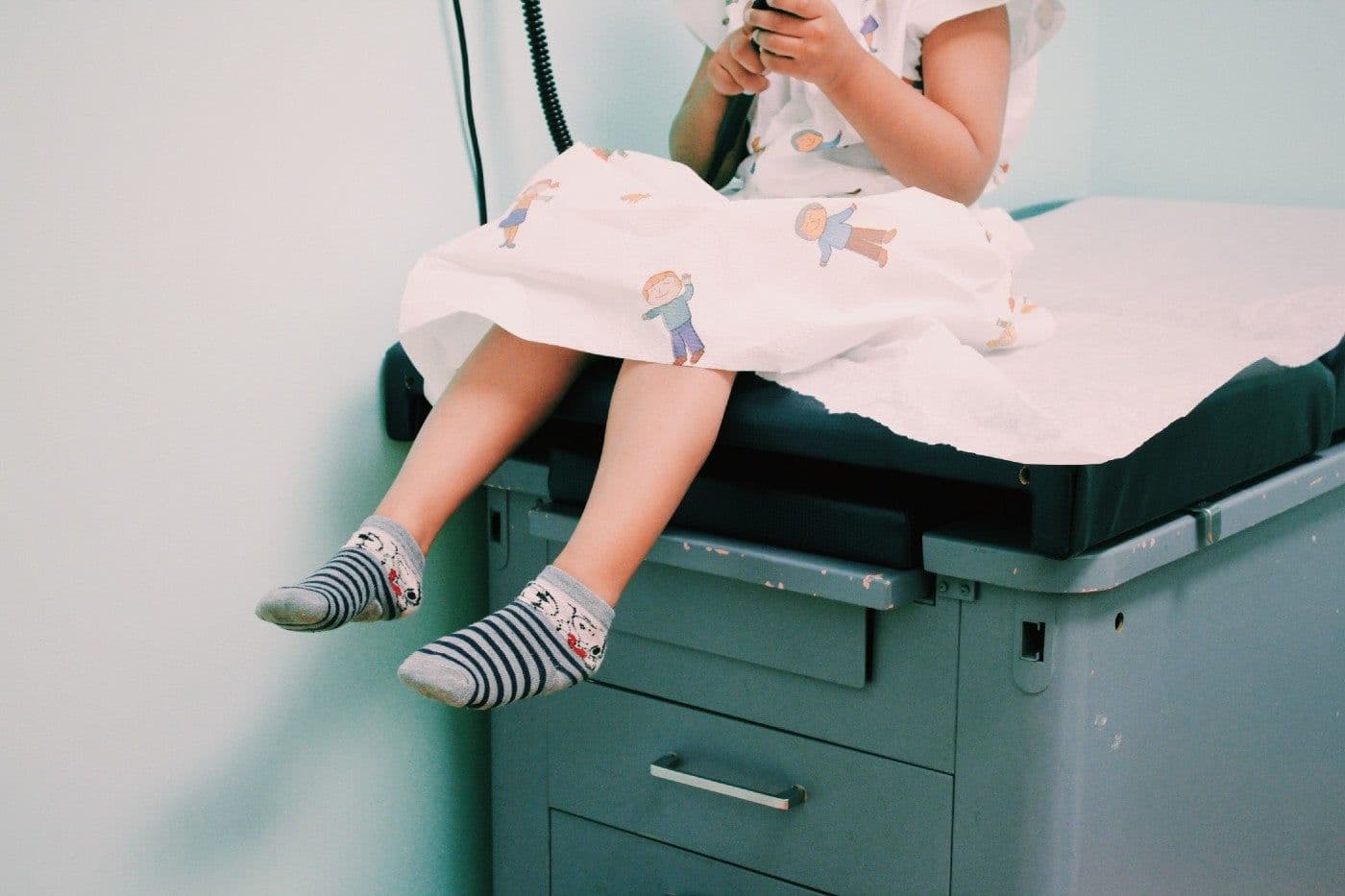
Measles has been flying under the radar, but some alarming facts out of the Unites States suggest that we are ignoring a wolf at the door.
Around the world, measles deaths hit a shocking 23-year peak in 2019. And more recently, measles outbreaks in the United Kingdom are causing alarm in a nation that had eliminated the disease in 2017. For example, the latest numbers show that there 789 confirmed measles cases in England since October 2023.
Measles can often cause serious inflammation of the lungs or brain…and even be deadly. And, another major fear keeping doctors up at night is the downward spiral of parents protecting their families and communities. While measles cases have skyrocketed, the number of kids getting vaccinated has flat-lined. For example, in 2022/23, only 85% of children in the UK received all their proper measles shots. Achieving 95% coverage is what the World Health Organization urges.)
Getting the measles shot does not just protect your child, it helps keep all kids healthy. That is because measles is incredibly contagious! One sick kid can spread it to 12 to 18 others, and 90% of unvaccinated people who are exposed to measles end up getting sick. In short, measles is one of the most contagious diseases known to mankind. Plus, it often takes months for the immune system to recover and—during those months—kids are sitting ducks for other serious diseases.
The good news is that even though measles is super-infectious, it is also super-preventable! The measles vaccine has been used on hundreds of millions of kids for over 50 years! It’s completely safe, accessible, affordable—and between 2000 and 2022, it has saved about 57 million lives!
Kids get the measles vaccine as part of their MMR shot (which also protects against mumps and rubella—aka German measles). They get their first dose around 15 months (12 months or less if there is a local outbreak) and their second between 4 and 6 years.
To help ensure you and your family stay safe, don’t put off your child’s vaccine visits. It’s important for all children who can get the measles vaccine to get it on time. Doing so keeps them safe and those around them safe, especially…
- Infants who are not old enough to get the measles vaccine
- Unvaccinated people, especially children under age 5
- Pregnant people
- People with weakened immune systems
Remember, there is no specific medical treatment for measles. Instead, a child—or anyone with measles—must simply let the virus run its course. That is why the best course of action is always prevention!
Disclaimer: The information on our site is NOT medical advice for any specific person or condition. It is only meant as general information. If you have any medical questions and concerns about your child or yourself, please contact your health provider. Breastmilk is the best source of nutrition for babies. It is important that, in preparation for and during breastfeeding, mothers eat a healthy, balanced diet. Combined breast- and bottle-feeding in the first weeks of life may reduce the supply of a mother's breastmilk and reversing the decision not to breastfeed is difficult. If you do decide to use infant formula, you should follow instructions carefully.
SHARE THIS ARTICLE
PARENT PICKS
Bestsellers
